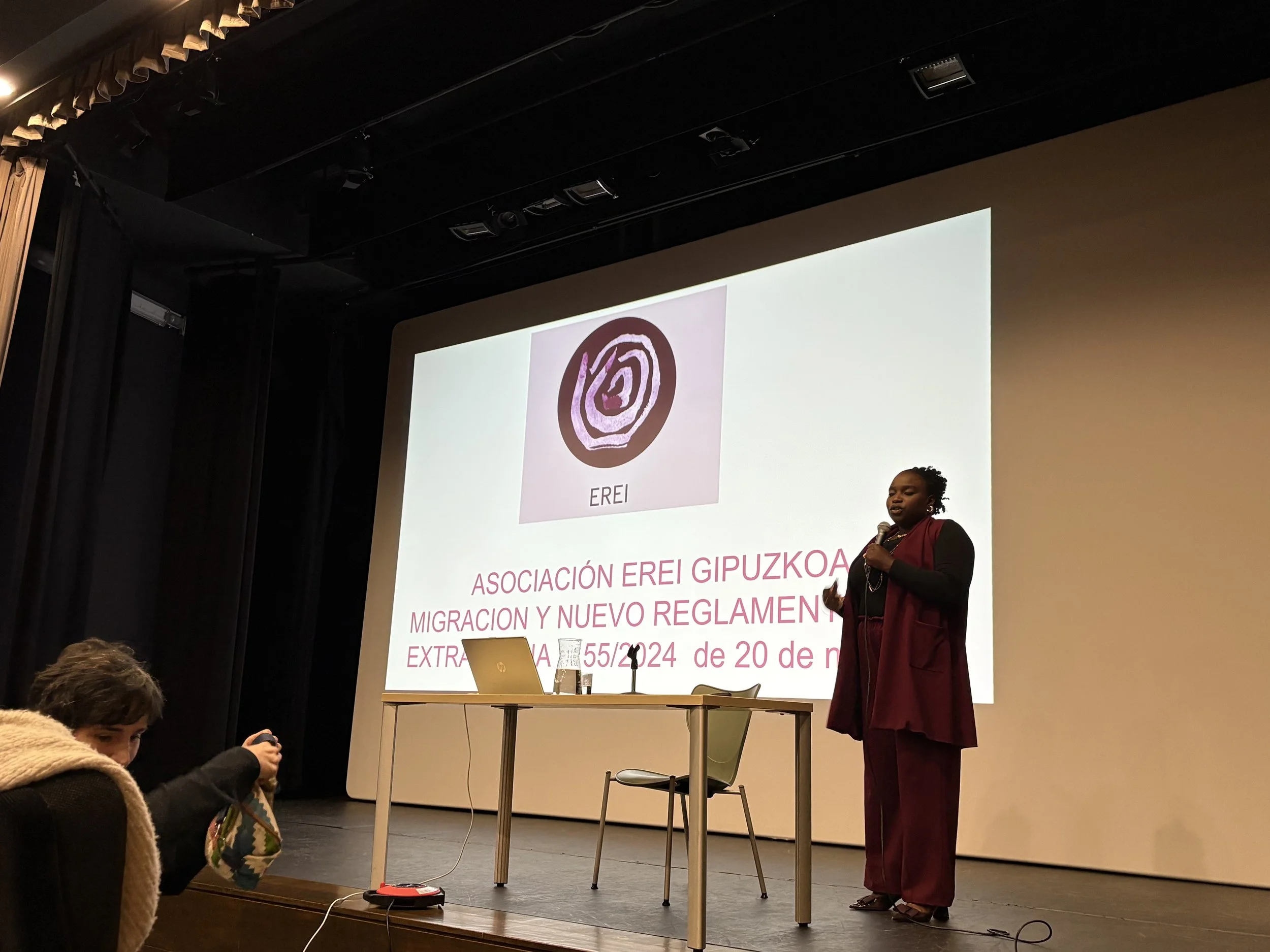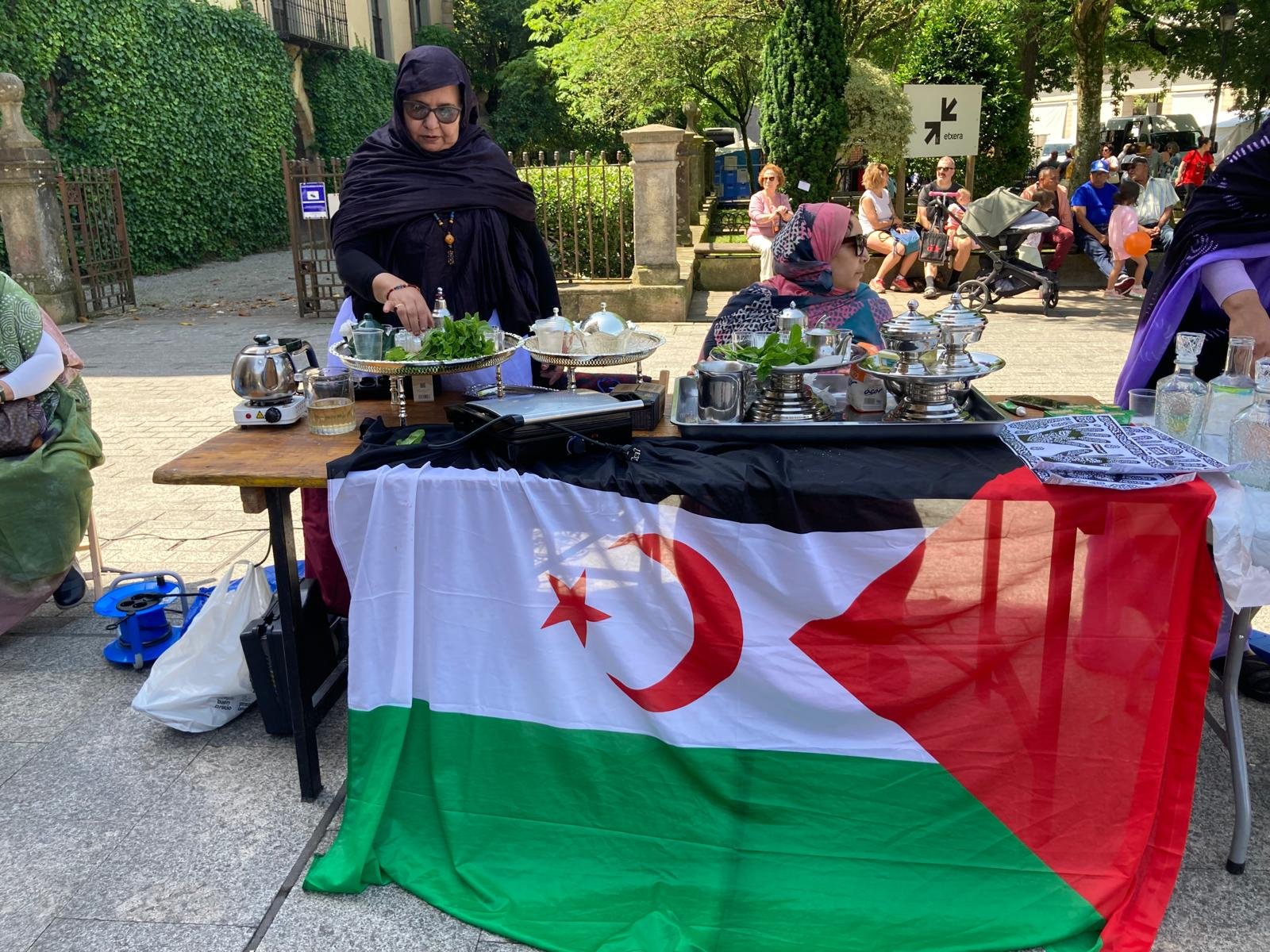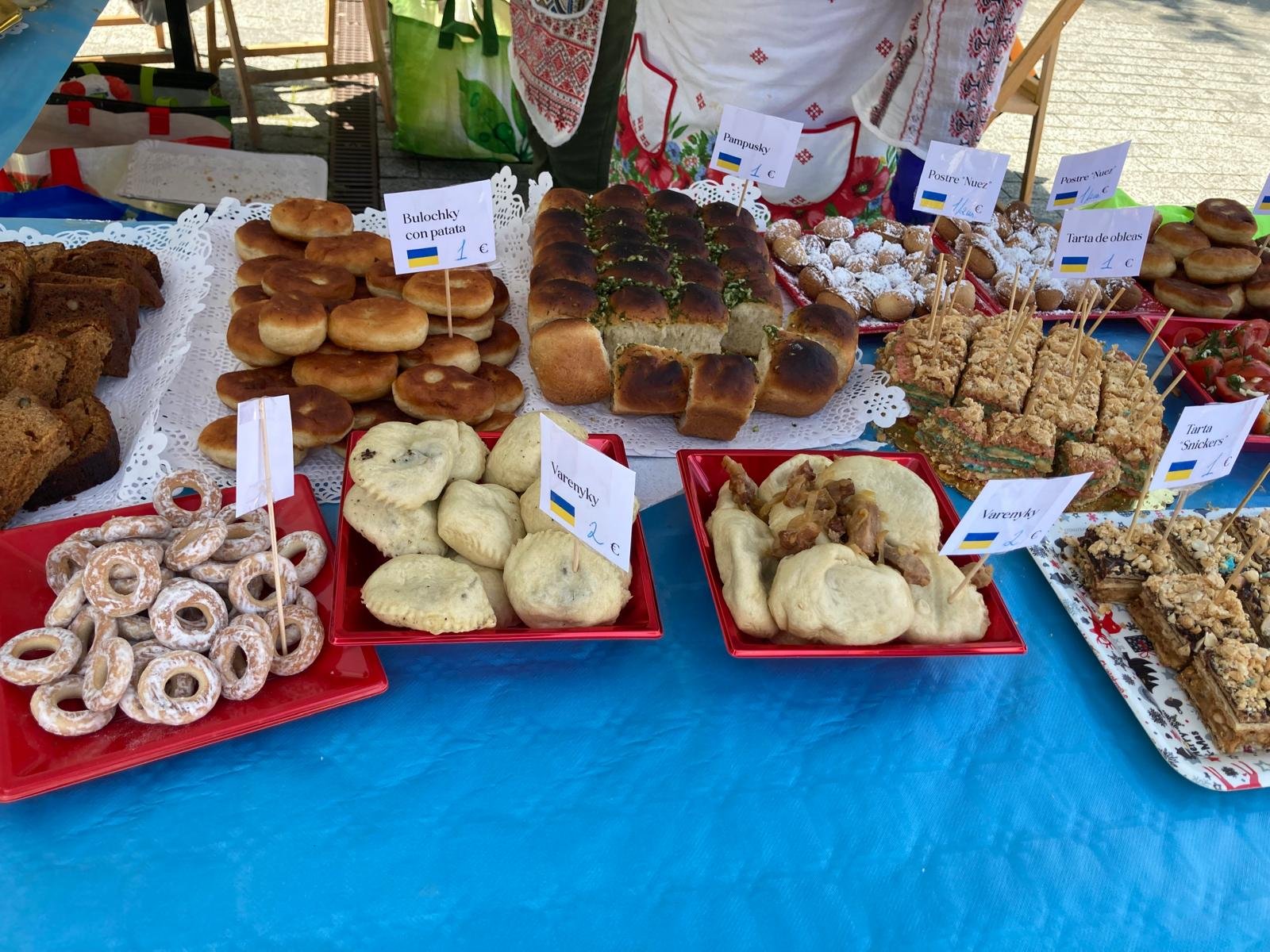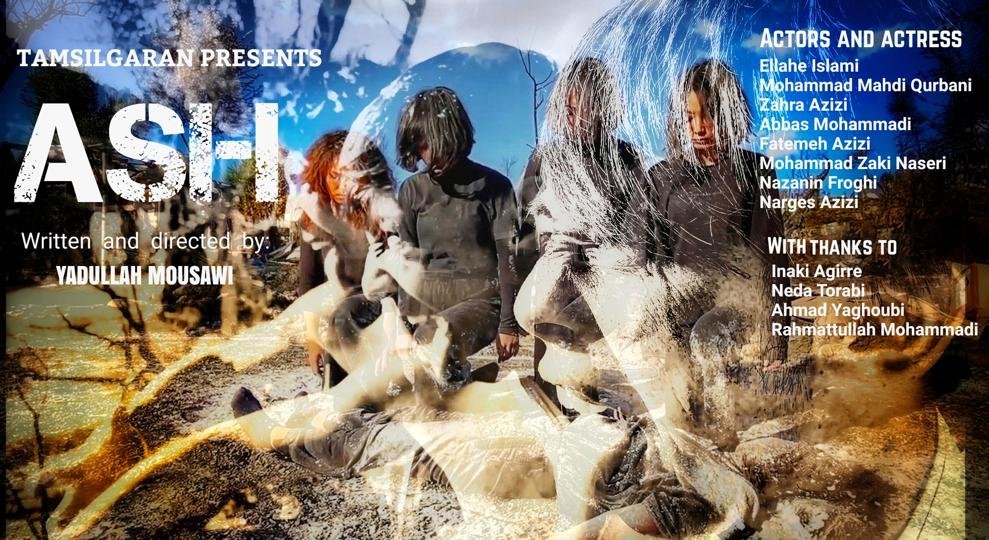"The Boat" is a theatre play created, performed and recorded with the intention of broadcasting in 2021 on the Greek island of Lesbos. It is a play created and performed by the group "The Boat collective", which is formed by refugees and migrants who are or have been in Greece.
The play talks, with no words, about the journey that refugees have to make to get to Europe. Both the director and the actors of the play are people who are immersed in their migratory processes and this allows them to tell a part of the migratory process, the journey, at first hand.
The Iranian director of the play Iman Alidoosti Shahraki and the Afghan actress Masume Husseini will be present, and after the screening a discussion on the realities of migration and human rights will be held with the audience.
October 25th, at 19:00, in Oñati, in Kultur Etxea. (!! Due to the strike in the public services, the event will be held in Eltzia, 3rd floor)
October 26th, at 18:30, in Hernani, in Kulturarteko Plaza Feminista.
Organised by EREI elkartea, funded by the Provincial Council of Gipuzkoa and the Town Council of Oñati.






























